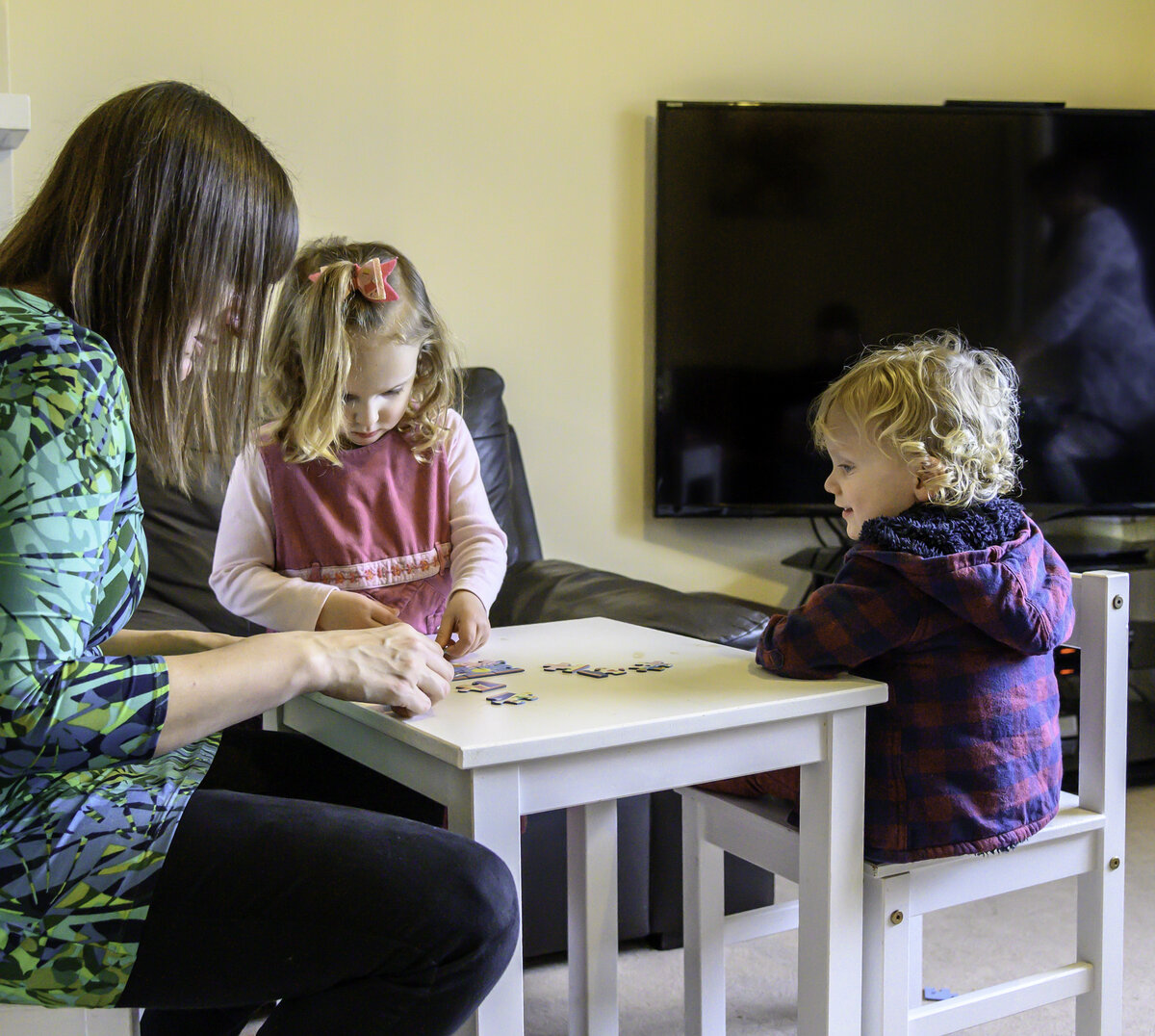Supporting autistic people in prison and probation services
Published on 02 September 2019
Author: Clare Hughes
Clare Hughes is Criminal Justice Manager at the National Autistic Society. Here Clare discusses how autism accredited prisons and probation services support autistic people.
I previously wrote about the National Autistic Society’s work with Her Majesty’s Young Offender’s Institution (HMYOI) Feltham developing Autism Accreditation standards for prisons. I also discussed a pilot to test these standards in HMYOI Feltham and Her Majesty’s Prison’s (HMP) Parc, Wakefield and Dovegate.
HMP’s Parc and Wakefield are now accredited, and HMYOI Feltham has maintained its accredited status which is more recognition of their fantastic work.
Prison services
The three prisons outlined above have many differences.
HMYOI Feltham was built in the late 1980s and houses just over 500 young men aged between 15 and 21.
HMP Parc is a Category B prison (there is a young offenders institute, but it was just the adult prison that was registered with Autism Accreditation) in South Wales. Parc accommodates over 1,300 adults and young people in a modern purpose-built building opened in the late 1990s.
HMP Wakefield opened in 1594. It is a Category A prison which houses approximately 740 adults. Given the size and age of the prison, it can be difficult for autistic people with sensory differences:
- sound bounces off every wall
- there is minimal natural light
- pipes in the cells can be noisy
This is in addition to the regular prison sensory challenges due to prisoners and staff shouting, jangling keys, metal doors and gates banging and the smell of food or cleaning products etc.
Supporting autistic people
All three prisons share a commitment to improving their knowledge and understanding of autism to ensure the best outcomes for autistic people, and offer a range of support.
- An autism ‘champion’ among the staff.
- An autism training programme available for staff.
- Documentation with information about each autistic person including their needs, triggers, strengths and support strategies.
- The ability to make reasonable adjustments to ensure that the prison environment and activities are accessible to autistic people. This can include attending the gym at quieter times, allowing autistic prisoners to have ear defenders to drown out the noise, and taking prisoners to education or workshops prior to starting there so that they can familiarise themselves with the setting.
The standards developed for prisons cover care and custody, education and skills, and healthcare. They bring together all of the providers in the prison to look at best practice, areas for development and how to ensure a consistent approach for each autistic person across the prison.
Probation services
The National Probation Service (NPS) North West, based in Lancashire, supervises approximately 3,200 people leaving the prison service. During a meeting about accreditation in prisons with the then Minister for Prisons and Probation, Andrew Selous, he asked if we would also look to develop standards for probation services.
In 2015 we worked with NPS North West. In addition to the work required to achieve Autism Accreditation, they also wanted to improve their practice and outcomes for autistic people and people with learning disabilities - we were chosen to deliver that project.
The standards we developed for probation services covered all aspects of their work, including Approved Premises (hostels) for National Probation Services. We know that the transition from prison, where things are usually predictable and structured, to the community can be particularly difficult for autistic people. It was vital to ensure that this midway point of being in an Approved Premise, would be as supportive as possible to autistic people.
Staff guides
As part of the project, probation staff also received training and a specially developed toolkit. The toolkit included a number of staff guides written specifically for based on their role and what they needed to know about autistic people and people with learning disabilities in order to best support them.
There is a frequently asked questions guide, covering:
- reception staff
- court staff
- staff seconded to prisons
- Approved Premises staff
- interviews
- interventions.
There is also a prompt guide to help staff complete an OASys (Offender Assessment System – used to assess risk and needs of offenders) for an autistic person or a person with learning disabilities. The prompt guide highlights specific areas of difficulty or strength that staff might not otherwise have considered.
All guides have an example of a reasonable adjustment made within that setting. Autistic people were asked for their experience of working with the NPS, and staff were likewise asked for their experiences of working with autistic people and whether the project had made any difference to the way that they would work with autistic people in the future.
Feedback from both staff and autistic people about the improvements made in NPS North West have been very positive:
"I feel very fortunate to have my probation worker… she’s really understanding and helpful and always tries to help out. She doesn’t take an adversarial role… That’s the best way for probation workers to act because it makes you more willing to engage with them… than if they’re trying to be strict with you… which I guess can kind of make you disengage. Again, the understanding is the key."
By developing standards for probation services, we are hoping to provide a consistent approach for autistic people leaving prison and returning to the community. We know how challenging change can be for autistic people - returning to the community following any period in prison can be daunting. We want to ensure these transitions are handled sensitively, recognising the heightened level of anxiety autistic people might face.
I have heard about autistic people who have intentionally sabotaged their release from custody because the change has been too much for them to cope with. By increasing the numbers of prison and probation services registering with Autism Accreditation we can look at ways of providing improved support for autistic people, of being more responsive to their needs and hopefully reducing their levels of anxiety.
Several police forces have also registered with Autism Accreditation. Bit by bit we are trying to join up best practice and encourage more understanding of autistic people across the criminal justice system.













